Whether you are building a new home, converting a loft, or removing a wall, some construction projects demand more than just a good contractor. That is where a chartered structural engineer comes in. Chartered structural engineers have the authority, expertise, and legal standing to design and verify structures that are safe, stable, and compliant with UK building regulations.
- Major Renovations or Extensions
Planning a rear extension? Adding another floor? Making significant changes to your property’s structure? These are classic cases where structural engineers UK should be involved. They will assess whether existing walls, beams, and foundations can support the changes.
- Removing Load-Bearing Walls
One of the most common home improvement projects involves opening up space by knocking down internal walls. But here’s the catch: not all walls are safe to remove.
- Loft Conversions
Turning your attic into a usable room is a smart way to add value to your property, but it’s not as simple as laying floorboards and plastering.
- New Builds
From the ground up, new builds require detailed engineering drawings that account for foundations, materials, wind loads, and much more. A chartered structural engineer provides these plans, ensuring the structure meets UK regulations and passes Building Control approvals.
- Structural Movement or Cracks
If you notice large cracks in walls, sloping floors, or doors that no longer close properly, your property might be experiencing structural movement. In such cases, a chartered structural engineer will investigate the issue, assess the risk, and provide a solution.
- Retrospective Approval or Regularisation
If building work has already been completed without the necessary approvals, a structural engineer may be called in to inspect and certify that the work is structurally sound.
- Legal and Insurance Requirements
Mortgage lenders, insurance companies, or planning authorities may request a structural report or structural calculations before work begins. Only a chartered structural engineer can provide legally recognised documentation for these purposes.
Why Choose a Chartered Structural Engineer?
Chartered status is a mark of competence, experience, and trust. These professionals adhere to strict codes of conduct, carry professional indemnity insurance, and are up to date with the latest regulations and design practices.
From small home alterations to full-scale developments, there are many times when you will need a chartered structural engineer. If you are unsure whether your project requires one, it is always better to ask early. In most cases, their involvement will save you time, money, and future headaches.
